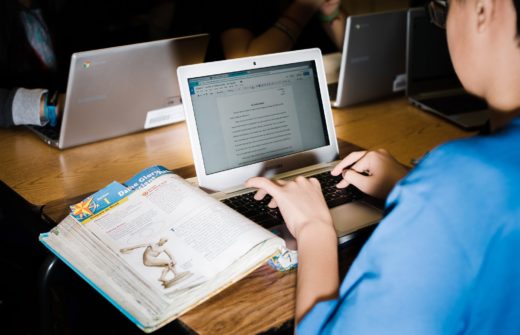Identify the three fundamental pillars of PETaL EMJMD
Here you see can find some information to understand the relevance of the this three fundamental pillars on PETaL EMJMD is based
- ECE
- P&T
- ESLA
- IE
ECE: Early Childhood Education

The key role of toys and play in ECE has been highlighted by several childhood pedagogues such as Froebel, Montessori, Rosa Agazzi, Weikart, and Malaguzzi, among many others.
Research has shown that when children have opportunities to engage in different types of play, and to learn through active exploration of materials and toys, they have better results in school in both the short and long term. They also have more success in their personal and social life in adolescence and adulthood (Schweinhart, Montie, Xiang, Barnett, Belfield & Nores, 2005). Contemporary research reveals that play and playful activities are losing their vital role in many early childhood curricula nowadays (Ginsburg et al., 2008; Singer, Singer, D’Agostino & DeLong, 2008). Moreover, the innovation of IE for ECE has been studied and supported by renowned researchers (Alred, Byram & Fleming, 2003 and Kramsch, 2011). Early second language acquisition is a relatively new area of research, where relevant studies have already been published (e.g. Blondin, Candeliar, Edelenbos, Johnstone, Kubanek-German and Taeschner, 2000; Edelenbos, Johnstone & Kubanek, 2006; European Commission, 2011; Murphy, 2014).
PETaL EMJMD will also impact on the excellence of the international scientific community (research institutes and museums) besides the programme country institutions. The research developed within the EMJMD will be presented at national and international conferences, and published on national and international impact factor journals. This way international academics, professionals and students will benefit from the knowledge constructed and the new experiences developed within PETaL.
Thus, PETaL EMJMD will offer innovative tools and knowledge for future ECE teachers and other professionals working with young children in order to support them to promote a change in methodologies, and to increase the use of developmentally appropriate practices, and eliminate those that do not provide children with opportunities to play and enjoy learning.







